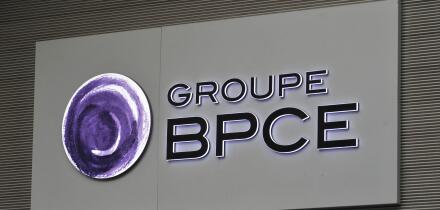ABS spreads to weather the rates storm

HMS Securitization: spreads were tighter across the product range on Thursday compared to last year, with good demand spotted in single-B CLO notes ahead of January’s expected slew of supply
Unlock this article.
The content you are trying to view is exclusive to our subscribers.
To unlock this article:
- ✔ 4,000 annual insights
- ✔ 700+ notes and long-form analyses
- ✔ European securitization issuance database
- ✔ Daily newsletters across markets and asset classes
- ✔ 1 weekly securitization podcast






